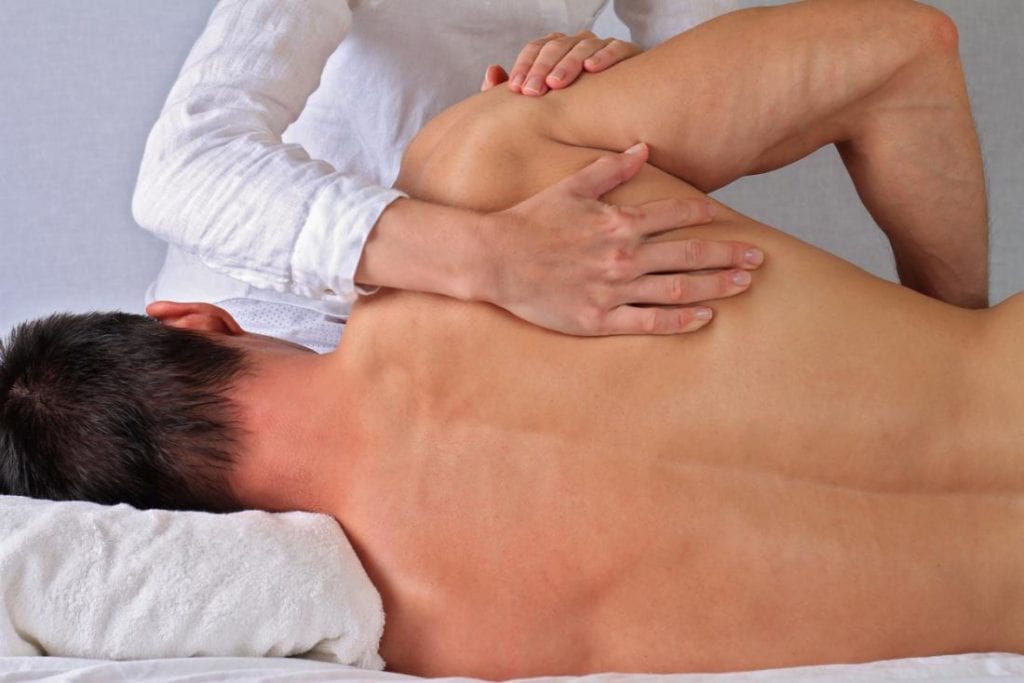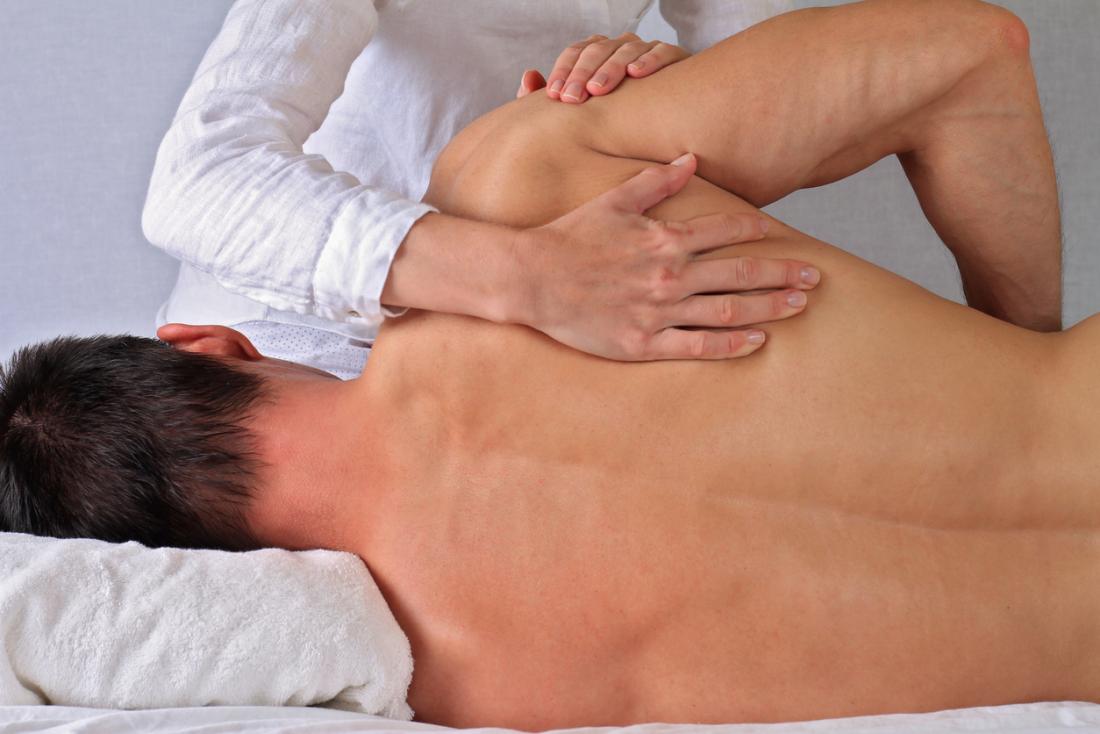
Nearly 50% of the world’s population is getting just six hours of sleep or less a night. And an alarming 44% of them report that their sleep has worsened in the last five years.
New study explains that a disturbed sleeping pattern is an underlying symptom of more serious health issues and should be addressed urgently to minimise the risk of various complications.
Inadequate sleep can be due to various reasons including caffeine, alcohol, clutter in their room, uncomfortable mattress or pillow. Stress, anxiety, trauma also contribute to disturbed sleep.
As we know that a balanced central nervous system permits the body to rest, improves functionality, reduces stress and promotes deeper sleep. So, in this article, we are going to focus on sleep disturbances related to the central nervous system.
Stress and Physical symptoms related to it
We always think that stress has an emotional impact on our body, but we tend to ignore the physical impacts that it causes. When our body is under stress, it shows various physical symptoms like headaches, back and neck ache, posture problems and inability to sleep well. These symptoms exacerbate the stress response in our body and cause an increase in tension.
How can Osteopathy help with stress relief?
Well, let’s first understand what osteopathy is? Osteopathy is an effective system of diagnosis and alternative medical technique that focuses on manual treatment, physical manipulation of muscle tissues and bones.
Let’s understand better. Osteopathy treats a range of ailments including stress, muscle strain, nerve pain, joint pain, etc. through massages, stretching, articulation and thrusts. Osteopathic treatment helps in a number of ways.
- Osteopathic Manipulation – The gentle manipulation of the soft tissues helps in relieving stress and tension that makes it harder to sleep. Simultaneously, it improves the blood flow around the musculature and fastens healing of the body. All of these factors help to improve the rhythm and quality of sleep.
Not to mention, Osteopathy also helps in identifying and addressing the root cause of insomnia, like musculoskeletal issues, chronic back pain, stress, anxiety, etc.
- Gentle Massaging – Soft massaging around the head, neck and abdominal region soothes the overstimulated nerves and restores the tissue alignment.
- Dietary Modification – Doctors of Osteopathic medicine focus on all aspects of physical health and well being, which includes diet monitoring and modification to detect and eliminate all the sources that are contributing to disturbed sleeping patterns such as stimulants, food that irritates your gut, etc.
- Resolves Liver and Digestive Tissues – Osteopathic treatment restores optimal hormonal balance and as a result resolves liver and digestive tissues. It also helps in identifying symptoms of digestive disorders such as Ulcerative colitis, Crohn’s disease and other gut-related conditions.
Since the endocrine system is almost like a microcosm of all aspects of sleep loss; once the endocrinological balance is restored, the sleep quality and patterns improve significantly.
Osteopathy is based upon the fact that mind and body are interdependent; therefore by treating the body, it aims at easing the mind.
When we feel anxious or are overwhelmed, we completely forget about how poor posture negatively affects our body, mood and brain function. Bad posture also affects our memory, self-esteem, stress response and body image. However, by treating these problems and helping improve body posture, osteopaths can help patients feel better emotionally and physically.
Are you tired of trying sleep aid remedies and popping sleeping pills? If the answer is Yes, schedule an appointment with the leading specialist of Osteopathy in London.
Some tips to help you sleep better at night
Here are a few evidence-based tips to sleep better at night.
- Increase bright light exposure during the day.
The human body has a natural-time keeping clock which affects your body, brain and hormones, help you stay up and signals the body when it’s time to sleep.
Bright light exposure during the day helps keep your body circulation rhythm healthy, as well as improves nighttime sleep duration and quality. So, try spending some time in the sun or – if that’s not possible – invest in artificial bright light devices.
- Reduce blue light exposure at night.
Exposure to bright light during the day is helpful, but the nighttime exposure has an adverse effect. This is due to its impact on your daily cycle, tricking the brain into thinking it is still daytime.
This feeling reduces the level of melatonin in the body, the hormone that helps you relax and get deep sleep.
Blue light – which computer and smartphone screens emit in large amount – is the worst in this regard.
You can reduce nighttime blue light exposure by wearing glasses that block blue light, or turning off your electronic devices two hours before heading to bed.
- Reduce Irregular Daytime naps.
Although short power naps during the day are beneficial; irregular napping can negatively affect your sleep. Sleeping for long in the daytime can confuse your circadian rhythm, meaning that you may struggle to get sleep at night.
Different studies about napping during the day have demonstrated different results in the past. But, one common thing in all of them is that regular daytime naps aid you in sleeping better at night, whereas irregular daytime naps disturb your internal clock.
- Try to sleep and get up at consistent times.
Again, the body’s circadian rhythm functions on a set clock, aligning itself with sunrise and sunset. Trying to sleep and wake at consistent times can aid long-term sleep quality.
One study revealed that irregular sleep patterns can alter your levels of melatonin and cause disturbed sleep.
Other studies noted that participants who went to bed at a similar time report good night sleep.
- Don’t drink alcohol.
Having a couple of drinks at night can have negative impacts on your sleep and hormones.
Alcohol is known to increase the symptoms of snoring, sleep apnea and toxic sleep patterns. It also negatively affects nighttime melatonin production, which as a result alters the sleep cycle.
So, avoid alcohol before bed, as it can decrease the natural nighttime elevations in human growth hormone and melatonin, and lead to disrupted sleep patterns. - Optimise Your Bedroom Environment
Bedroom environment and its setup are key factors in getting a good night’s sleep. The key factors include noise, temperature, furniture arrangement and lighting.
Various studies reveal that external noise can cause poor sleep and long term health issues.
So, optimise your bedroom environment by eliminating external noise and artificial lights from electronic devices and alarm clocks. Make sure your sleep environment is clean, quiet and relaxing.
All of these practices, along with regular osteopathy sessions can help you in sleeping better and can make a huge difference in your life.
